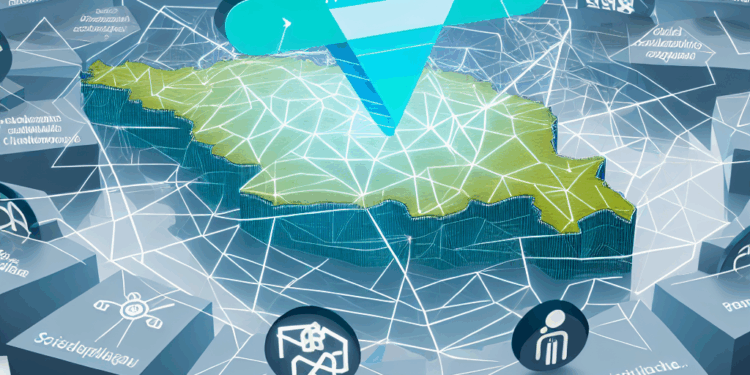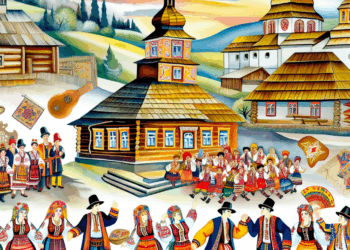Introduction
Romania, located at the crossroads of Eastern and Western Europe, continues to face many challenges in the political, economic and social spheres. In 2025, the country’s political arena becomes particularly interesting, given the change of power, the challenges of modernisation and integration into the European Union, as well as the growing influence of global issues such as climate change and global security.
Political situation
Changes in government
Against the backdrop of a dynamic political environment, Romania is experiencing intense changes in the composition of the government in 2025. After elections in 2024, largely dominated by young leaders and new parties, new political forces are seeking to strengthen democracy and improve engagement with citizens.
The Romanian Progress Party, represented by young politicians, focuses on issues of justice and sustainable development. Its programme includes reforms in education, health and anti-corruption. On the other hand, traditional parties such as the Social Democratic Party (PSD) and the National Liberal Party (PNL) seek to regain lost ground and update their strategies.
Challenges to democracy
Despite positive developments, Romania continues to face challenges to democracy. The Republic must confront populism and misinformation that undermine citizens’ trust in the institutions of government. As part of this challenge, it is important to maintain the independence of the media and strengthen civil society, which actively enters into dialogue with the authorities.
Economic policy
Sustainable development and investment
According to the new government’s programme, Romania aims to create an economic model based on sustainable development. Investments in green technologies and alternative energy sources are expected to be a key priority. The Romanian economy, historically centred on agriculture and manufacturing, is beginning to move towards higher standards of sustainable development.
Foreign investment plays an important role in this process, seeking to take advantage of opportunities offered by the local market and a number of EU programmes such as the Green Deal. Attracting capital into high-tech and start-ups is expected to create new jobs and GDP growth.
Problems with corruption
Corruption continues to be a major challenge to Romania’s political and economic stability. Despite the government’s efforts to strengthen anti-corruption legislation, many experts emphasise the need for greater transparency in public procurement and the activities of civil servants. An effective fight against corruption will contribute to more sustainable economic growth and investment attraction.
External relations
Romania and the EU
Romania continues to strengthen its position in the European Union, playing an important role in key issues such as energy security, migration policy and response to climate change. In 2025, the country supports initiatives aimed at integrating Eastern Europe and improving ties with neighbouring states.
Although Romania faces differences of opinion with other member states, its strategic location makes it an important actor in security and human rights issues. The Government is actively engaged in discussions on combating climate change and finding sustainable solutions for the future.
Communities and migration
Migration flows remain a key topic on the political agenda. As a country with a large diaspora beyond its borders, Romania continues to seek a balance between respecting the rights of migrants and protecting the interests of its citizens. In response to the changing migration flow, the government is developing new regulations and integration programmes for those seeking asylum.
Culture and society
Cultural diversity
Romania’s cultural diversity in 2025 becomes an important aspect in the discussion of national identity and unity. The diversity of languages, traditions and customs present on the territory of the country creates a unique cultural mosaic. The authorities actively support projects aimed at the preservation of cultural heritage as well as the development of contemporary arts.
Sport as an element of integration
Sport continues to occupy an important place in the life of Romanian society. In 2025, the government sees sport as a means of integration and socialisation for young people. Romania is expected to participate in a number of international competitions, including the Olympic Games, which may provide an additional incentive for the development of infrastructure and physical culture in the country.
Conclusion
The political situation in Romania in 2025 is a complex and multifaceted process related to the challenges and prospects facing the country. Active reforms, the fight against corruption, sustainable development efforts and the strengthening of the position within the European Union all create interesting prospects for Romania’s future.
The citizens of the country expect concrete steps from the government to improve the quality of life, ensure security and protect the rights of every person. The successes and failures in realising these objectives will determine not only the political direction of the country, but also the future of its society as a whole.








